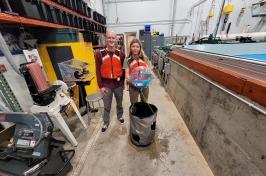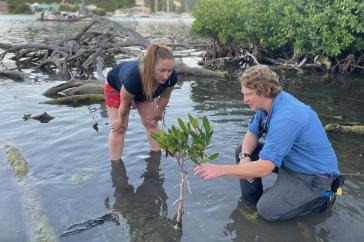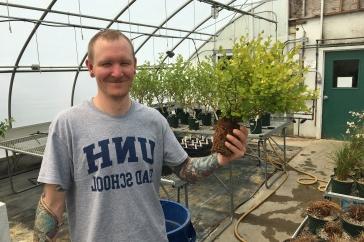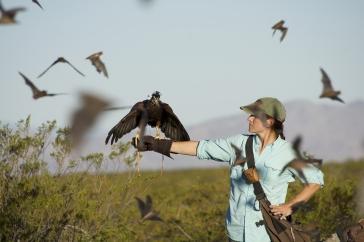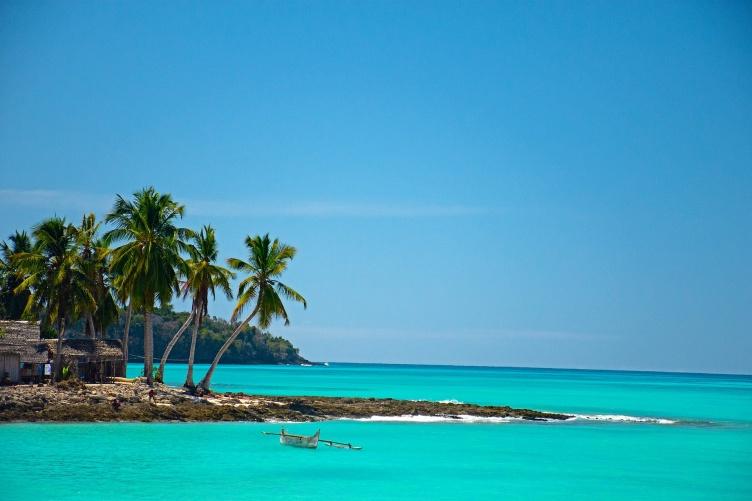
全球商业捕鱼是一项大生意. 据估计,它每年的价值已经接近2500亿美元, the industry has been forecasted to increase 82% by 2026 according to a 2017 global commercial fishing industry market report.
As the industry expands, concerns about both legal and illegal fishing in the marine waters of developing countries have also grown. Currently, 很少有人知道国外的工业捕鱼是怎样的, both legal and illegal, impacts the local marine biodiversity and resources that many coastal communities depend on for food security, 文化意义和生计.
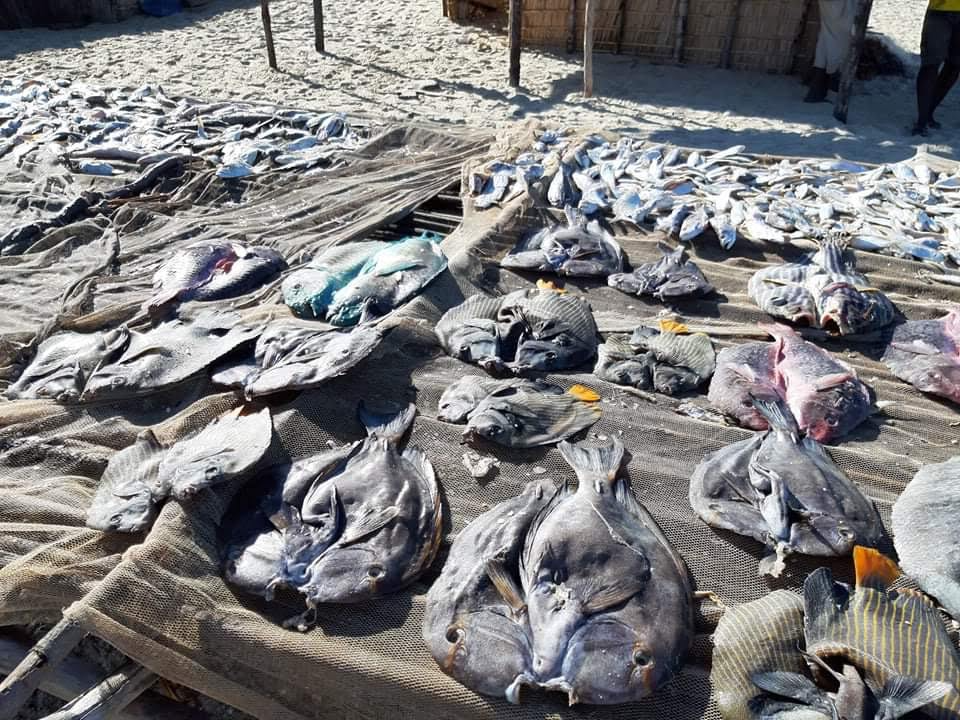
一组科学家,包括 Easton White, quantitative marine ecologist and assistant professor in the department of biological sciences, 正在努力改变这种状况吗. Their recent research, 发表在《永利app新版本官网地址》上, 研究了马达加斯加的数据, whose status as a least developed country makes its waters particularly susceptible to exploitation by foreign fishing operations.
“It is often difficult, if not impossible, for countries with few resources to monitor fishing efforts within their own waters,” says White. “This is especially true for places like Madagascar with a vast coastline and high marine biodiversity.”
White and his team used satellites and GPS pings from fishing vessels to understand the who, when, 这个国家的海岸线在哪里以及如何进行工业捕鱼. 使用2012年至2020年的数据, they documented 907,643 hours of industrial fishing within Madagascar waters by 277 vessels from 17 different countries. 研究人员发现82.8% of all industrial fishing in Madagascar was conducted by non-Madagascar fishers -- predominantly from Taiwan, France, Japan, China, 马来西亚和韩国,以及170人,726 hours foreign fishing vessels operated too close to shore and within a number of marine protected areas.
These results, White says, highlight the importance of studying industrial fishing efforts across the globe and the need for increased transparency and research surrounding agreements that are made between foreign countries and developing countries as well as unauthorized fishing activity within these countries.
“捕鱼努力的增加, 特别是在海洋保护区, has the potential to threaten local fisheries management initiatives by conservation organizations and coastal communities,” he says. “这在发展中国家并不罕见. Fishing vessels from outside countries are either given permission by local governments or fish illegally. In both cases, this has the potential to erode the natural resources of the country and additional work is needed to understand how industrial fishing interacts with small-scale fishing.”
This project was a highly collaborative activity across four institutions: Easton White from the University of New Hampshire; Merrill Baker-Médard and Valeriia Vakhitova from Middlebury College; Samantha Farquhar from East Carolina University; and Tendro Tondrasoa Ramaharitra from the State College of Florida Manatee-Sarasota. The work was primarily funded by the National Science Foundation grant #1923707.
-
Written By:
Sarah Schaier |生命科学与农业学院








































